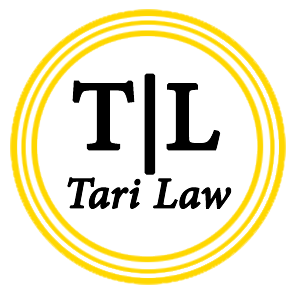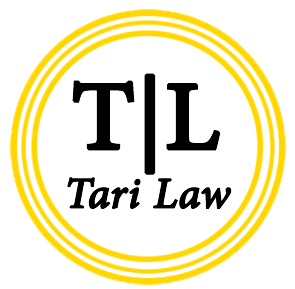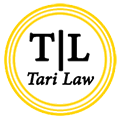- Contact us
- 617-855-8769
- info@tarilegal.com
PUBLIC CHARGE
What is a National interest waiver green card for professionals? | NIW
July 13, 2022HOW DOES THE NEW PUBLIC CHARGE RULE AFFECT YOU?
U.S. Citizenship & Immigration Services (USCIS) implemented a new rule, effective February 24, 2020, to decide who will be considered a “Public Charge” (someone that is likely to need financial assistance from the government). The Department of State (DOS) also implemented an interim final rule, effective February 24, 2020, to align DOS’s public charge standards with those of USCIS.
If you or your employee are seeking to remain or come to the United States either temporarily or permanently and are not in one of the exempt categories below, the rule will apply to you if you file on or after February 24, 2020. You will need to provide additional information and documents to USCIS as part of your application. This includes information about your health, family, education, income, assets, liabilities, receipt of any public benefits, and an Affidavit of Support from a financial sponsor. If you are found to be inadmissible as a Public Charge, you may be able to pay a bond and still adjust, change or extend your status.
Not everyone is subject to the public charge rule. The most common exceptions are the following:
- Asylees and Refugees
- Applicants for U or T Nonimmigrant Status
- VAWA Self-Petitioners
- Special Immigrant Juveniles
- Applicants seeking Temporary Protected Status
- Applicants under the Cuban Adjustment Act
- U.S. citizens, including naturalized citizens
Lawful Permanent Residents (note: if you plan to be abroad for more than 180 days, please talk to your attorney)
Talk to your lawyer about how the new rule affects you.
Talk to your lawyer about any past receipt of benefits and before applying for any new benefits.
- Cash Assistance for Income Maintenance (includes TANF, SSI, and federal, state, and local assistance programs)
- SNAP or Food Stamps
- Medicaid (with exceptions listed below)
- Housing Assistance (Public Housing or Section 8 Housing Vouchers and Rental Assistance)



